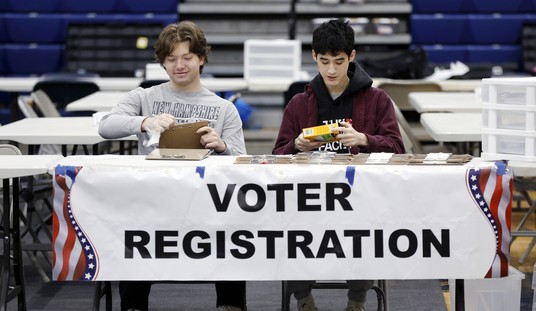
A special United Nations commission on critical medicines—that is, everything from simple ibuprofen to the lifesaving drug cocktail to treat HIV, is expected to release within days a long-awaited report about how the global community might best alleviate barriers to access to medicine in the developing world.
It’s estimated that upwards of 2 billion people across the globe lack access to critical medicines. But the UN report won’t bring those people any closer to accessing those drugs, because, as I write in a new column for Real Clear, we know exactly the non-starter it will propose: erase intellectual property in health care:
Illnesses that would be cured outright or manageably treated in Western nations still carry a death sentence for many in the developing world, but the barrier is not intellectual property. The real impediments to drug access are more structural and less precise than the IP bogeyman the U.N. has constructed—limited local medical expertise, physical delivery systems to remote areas, government health infrastructures and funding mechanisms.
But rather than addressing these problems, the United Nations has fabricated a framework in which an individual’s access to medicine and an individual’s ability to protect the fruits of innovation—have been clumsily thrust into a bureaucratic cage match.
The capital investment required to bring a new, path-breaking medicine to market is so astronomical it dwarfs some nation state’s gross domestic product. On average more than a dozen years and some $2.6 billion are spent to bring just one drug to market. Of the few drugs that actually advance to clinical trials, just one of every 12 is ultimately made available for consumer purchase.
[. . .]
To create a new drug is to take one of the riskiest wagers ever conceived. Billions are sometimes made. Billions are often lost. That’s why patent protections are so crucial—because they provide the necessary assurances to inventors that winning propositions, however few, will be protected in a way to offset all the losing ones, however great.













Join the conversation as a VIP Member